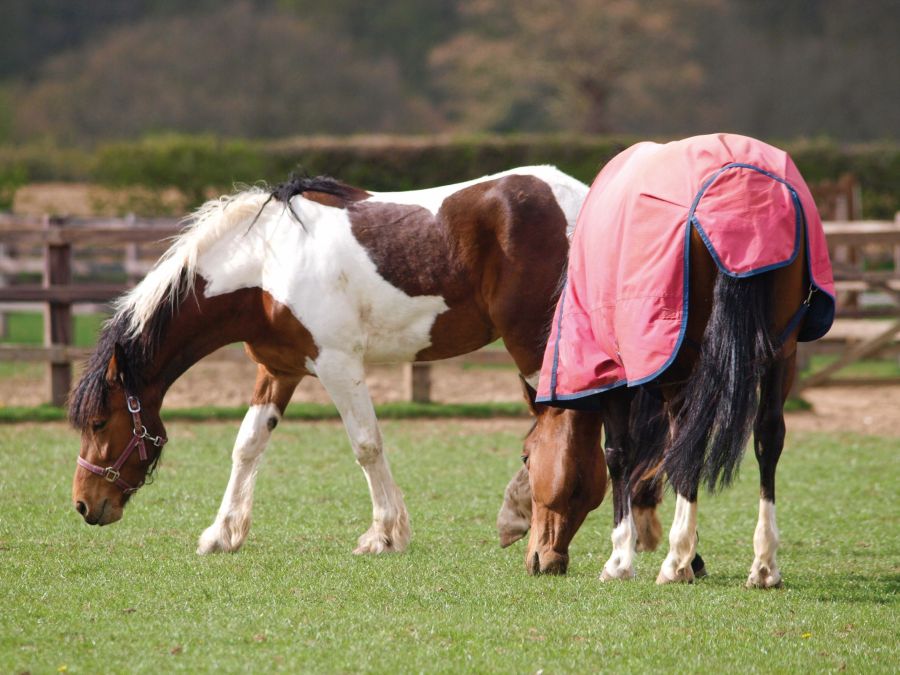A new campaign is aimed to tackle worm resistance, aiming to educate horse owners, carers and yard managers on the importance of following an evidence-based, testing-led, deworming programme that has been developed in partnership with a vet.
The new ‘Think Before You Worm’ campaign has been created by the British Horse Society (BHS), in collaboration with the British Equine Veterinary Association (BEVA), and was launched at this year’s BEVA Congress (8-10 September).
It comes as the risk of dewormer resistance continues to threaten the equine industry; a state that occurs when a proportion of the worms inside horses are no longer killed by the dewormer.
Your Horse highlighted the serious issue in a recent interview with a worming expert.
The aim of ‘Think Before You Worm’ is to help slow resistance by urging more equestrians to reduce a horse’s unnecessary exposure to dewormers by using testing-led programmes.
The BHS advises that a one size fits all approach does not apply when it comes to deworming, instead the timing and frequency of testing and possible treatment should be determined on a case-by-case basis with the support of a vet.
“If we continuously deworm our horses without testing first, the number of resistant worms present will increase,” said Gabby Madders, Welfare Campaigns Officer at The British Horse Society. “This means worms on a horse’s pasture will become resistant to dewormers and no longer respond to treatment.”
“Only five types of chemical drugs are available to treat horses in the UK for worms and there is now evidence of resistance to all of these chemicals. Without action, we could reach a point in the future where all worms are resistant to the dewormers available, which will be disastrous for equine welfare.
“We’re delighted to be working with BEVA to minimise the threat of resistance and to support horse owners, carers and yard managers with the development of a tailored, testing-led deworming plan that prioritises the welfare of their horses and eliminates any unnecessary treatment.”
David Rendle, BEVA President Elect added: Horse owners are becoming increasingly aware of the urgency with which we need to tackle dewormer resistance and find sustainable testing-led strategies of control, that minimise potential harm both to horses and to the environment.”
“The BHS and BEVA guidelines are an excellent reference, and we would urge every horse and yard owner to work with their local veterinary surgeon to develop testing-led programmes that work best for them. Vets want to help.”
A serious threat
The impacts of resistance include:
- Fewer horses will be able to be kept on a certain pasture
- Resistance to one chemical increases the dependence on other chemicals, resulting in a vicious circle where we become more and more dependent on fewer options
- If worms become resistant to all drugs, horses are at risk of serious disease from untreatable worm burdens, such as colic, weight loss and anaemia. Such burdens might be fatal
The BHS and BEVA are offering the following guidance to slow down resistance:
- Follow an evidence-based, testing-led deworming programme, developed in partnership with their vet
- Conduct annual Faecal Worm Egg Count Reduction Testing (FWECRT)
- Prioritise good pasture management, poo picking regularly, to reduce reliance on treatments









